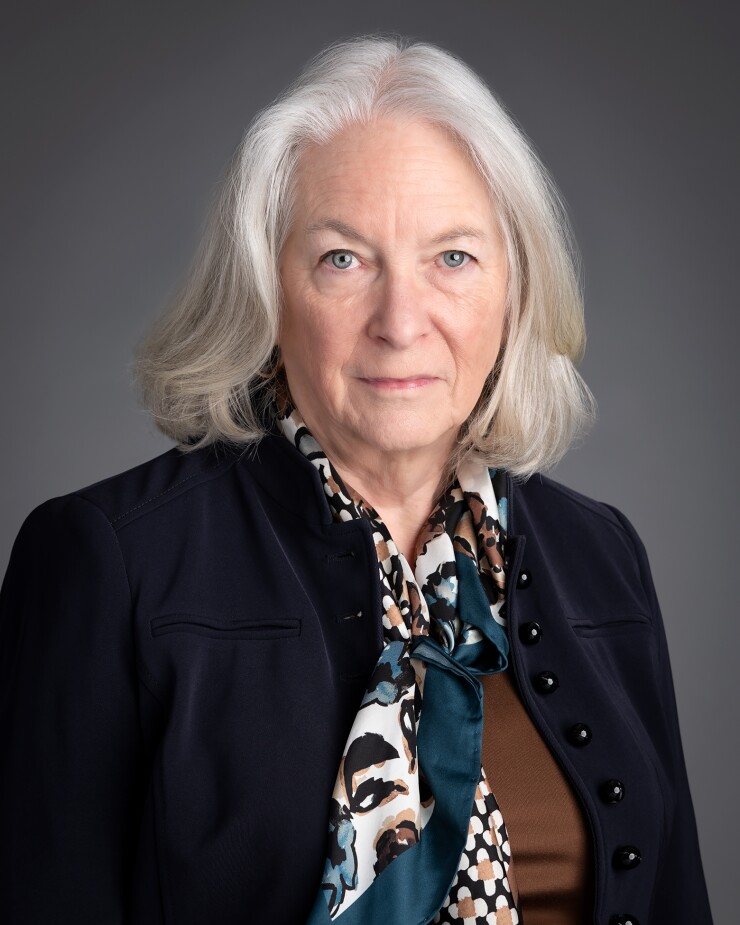When clients select a financial planner to guide them through some of life’s toughest decisions, the decision should not start with how that professional is paid.
This week, CFP Board sent word to CFP professionals that the compensation search field would be removed from the
I voted to remove the this from the website because our updated Code and Standards requires all CFP professionals to act as fiduciaries, regardless of their business model or compensation method.
As fiduciaries, all CFP professionals must provide their clients with detailed compensation information, which explains how clients pay for products and services and describes any additional costs they may incur, including product management fees, surrender charges and sales loads. CFP professionals must also disclose how they, their firm and any related parties are compensated for providing products and services.
I have been a fee-only financial planner for over 30 years and I have always ascribed to a fiduciary standard. People want a financial planner professional they can trust and that begins with the professional acting as a fiduciary in the client’s best interest at all times. Among other things, that means being competent to address the client’s issues, to accept responsibility for monitoring the client’s progress toward their goals and to provide the guidance that any trustworthy relationship demands.

As a standard-setting and credentialing organization, CFP Board has an important role to play in shaping public dialogue. The focus of that dialogue should be on the word “fiduciary” rather than “fees.” The CFP Board has always been compensation neutral, believing that the best compensation method depends on each client’s unique circumstances. It is wonderful to see that new compensation models are available to provide the public with more options.
The board’s decision is consistent with the board’s conviction that a CFP professional be ethical, competent and act in the client’s best interest at all times. Isn’t it time we started defining ourselves by what we do rather than how we are paid?
This in no way diminishes CFP Board’s conviction that consumers have a right to know how they are paying for products and services and how a CFP professional (and a CFP professional’s firm) is being compensated.
As stated above, under the revised Code and Standards, CFP professionals are required to describe how they are compensated before or at the time of engagement. Eliminating the compensation tool from the site has no bearing on CFP Board’s responsibility to take appropriate disciplinary action against certificants who misrepresent their compensation to consumers. It is the duty of the board to take disciplinary action against those that misrepresent their compensation to consumers.
By expanding the scope of fiduciary duty —and educating consumers about what that means —the board acted in a way that we believe serves the best interests of the public and profession.






